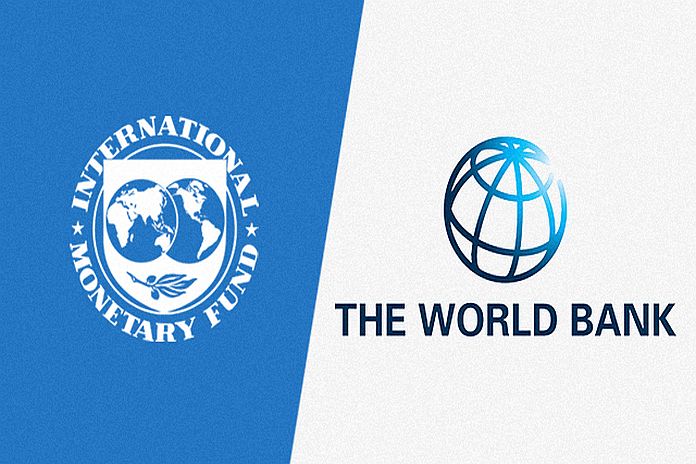WASHINGTON, USA – The World Bank Group (WBG) and the International Monetary Fund (IMF) announced that Tanzania is the second country benefiting from the Enhanced Cooperation Framework for Climate Action (the Framework). This follows the approval of an arrangement under the Resilience and Sustainability Facility (RSF) in June 2024 by the IMF executive board, and the WBG’s active engagement on climate action in the country.
Tanzania is highly vulnerable to climate change which poses significant risks to its macroeconomic, fiscal, and social development. Through the framework, the IMF and WBG working closely with other development partners, will coordinate their efforts to support Tanzania’s ambitious policy reform agenda to address risks and challenges associated with climate change and enhance the resilience of the Tanzanian economy.
The framework aims to support efforts by Tanzania’s authorities to bring together development partners, the private sector and civil society to address the adverse impacts of climate change. Building on their respective analytical expertise and financing instruments, the IMF and WBG will jointly provide critical support to Tanzania’s authorities in advancing climate action. This will be done through an integrated, country-led approach to policy reforms and public and private climate investments, including through complementary and well-sequenced reform measures.
Tanzania is the second country to benefit from this Framework, which builds on technical analysis such as the IMF’s Climate Policy Diagnostics (CPD). The country authorities, the WBG and the IMF identified several areas where synergies in capacity development and policy support will be most beneficial, such as (i) climate resilient public financial management, (ii) energy, water and other reforms that will build resilience and promote sustainable development, (iii) disaster risk management and social protection, and (iv) supervision of financial sector climate-related risks.
Under the Framework, the IMF-WBG will support Tanzania to consider climate change as a key element of medium-term public investment planning and prioritization. The IMF will back the introduction of climate-resilient public investment regulations and reporting, while the WBG will focus on supporting sectors that help strengthen Tanzania’s resilience to climate change, such as energy, water, social protection, and agriculture. The two institutions will also support improvements to Tanzania’s disaster risk management policy and implementation, including a disaster risk financing framework and enhancements to the social safety net to make it responsive to climate shocks.
The WBG and the IMF will also support policies to improve water resource management, while IMF-supported reforms will help expand villages’ land use planning and management. Tanzania will also develop supervision of financial sector climate-related risks with support from the IMF and WBG.
Finally, the Framework will help catalyze official technical and financial assistance and private-sector financing. The IMF and WBG stand ready to support a country-led platform to mobilize additional programmatic and project climate financing that could be implemented in 2025.





